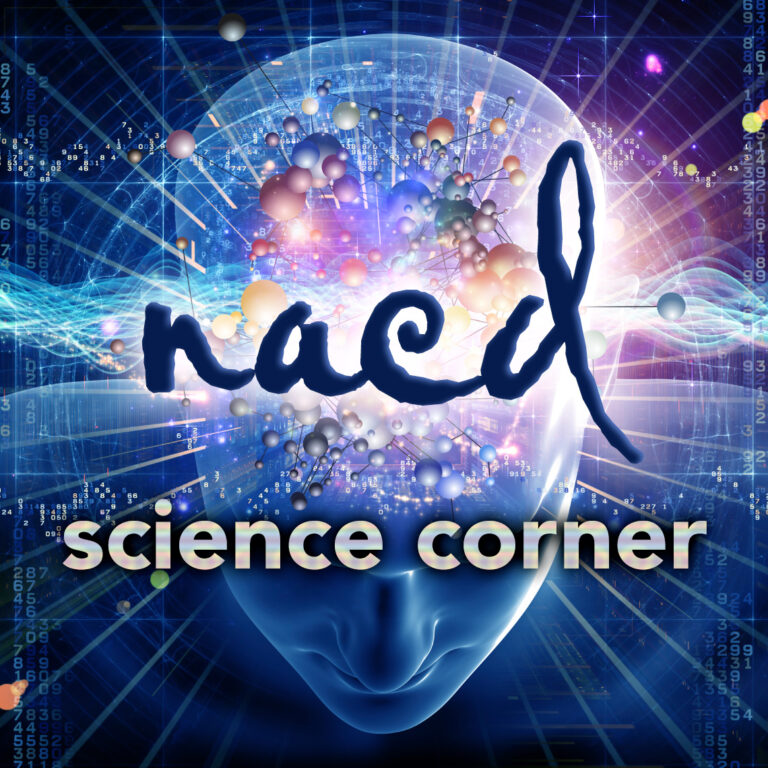Making the Most of the Summer, Holidays & School Breaks
by Ellen Doman
 For many children and young adults with whom we work, it is summer. For our families in the Southern Hemisphere school has recently resumed, but there will be those rather long school breaks. Parents often question what to do with these “breaks” and vacation times so that they really feel like fun and are rejuvenating.
For many children and young adults with whom we work, it is summer. For our families in the Southern Hemisphere school has recently resumed, but there will be those rather long school breaks. Parents often question what to do with these “breaks” and vacation times so that they really feel like fun and are rejuvenating.
There are some very basic rules here. If you stop doing something and your child rapidly forgets what they have learned, then that isn’t a good idea. When you resume working with your child, you will find that you then have to waste a lot of time reteaching what they had already learned before the break. Whether it is mobility, vision, speech, cognition or academics, if you are going to lose ground, don’t skip the activity! This applies most obviously to math. Reading is also an area, with our beginner readers in particular, where if you don’t use it you lose it. Having to start all over again with math or reading is really discouraging.
If you just moved up in processing or knee walking, crawling or creeping don’t stop now! Mobility can be done anywhere as long as you have a few things that you might need, a yoga mat, a blanket, an incline or a beach, there are ways to adapt to get these critical activities done without just staying home.
The most portable activity of all time is auditory processing. This take-anywhere, do anytime activity can just be rolled in with whatever is going on as long as the child is awake and alert. Get your inspiration from your environment. Whether it is numbers and letters from car license plates or colors you see in the woods around you, objects they can see at your vacation spot, or ingredients in your special meals, processing is adaptable.
So how do we make this work so that the children don’t feel like they are missing all the fun, and we are gaining improvements and not sliding backwards? Actually, it is really easy. We input review information quickly. We ask for brief output and we keep moving. This works well with math and sight words. It is fast and fast is pretty fun.
With my granddaughter, I love to show her a word card just for a moment and take it away. It always makes her laugh and she almost always gets the word correct after thinking for a minute. There are many ways to turn these fast reviews into play. We’ve had parents who had the children bounce a ball on a word and say it or squirt a water gun at a word the parents asked them to find. Words are portable, so take them wherever you go.
Reading is a fantastic activity whether you are reading to your child or he or she is reading with or to you. If you are traveling, you can read about where you are going. If you are enjoying a holiday, you can read about that. Funny books are great for breaks, funny poetry books or joke books are great for breaks as well. Reading books that you, the parent, love will make the summer or holiday more special for you and your child. Nothing makes a trip better than books on audio so don’t forget those!
Many parents and children agree that math is definitely not fun. Fortunately, there are plenty of math fact games and math operation games that make output a bit more interesting. I have had several parents do a very high-intensity strategy with math facts and greater than or less than. Using some very valued food snacks, the child is presented with either a math fact or a greater than or less than question. If the child gets the wrong answer, the parent eats some of the snack, if the child is correct, he or she gets to eat the snack. That’s high intensity.
When there are program activities to be done that don’t lend themselves to fun, check with your coach for ideas and also look at getting much of the program done early in the day, leaving the rest of the day to feel more like leisure time. During those times look for opportunities to do things you don’t normally do or go places that you don’t typically go. Uniqueness and novelty are good for all of us. It engages our attention, stops rumination and opens up opportunities for wonder and discovery.
I often hear parents refer to program as work. In many ways it is work for us and for the children. I would like you, however, to present it as an opportunity rather than work. It is an opportunity to win, to do something better today than you have ever done it before now. It is an opportunity to have a reason to celebrate. It is an opportunity to reach a goal that you have set. If we want children and young adults to feel empowered, we help set very short-term goals that are reachable. Each time a goal is reached, it reinforces to the child and to you that this progress is something you can achieve.
Today I talked with a mom whose child followed a one-step verbal direction that she had never been given before and this was a huge triumph. This turning point with a child demonstrating an understanding of language and a verbal direction for the first time was achieved through months of effort and determination. It was a victory and opens the door to many other victories to come. The brain is able to change through, you know the line, frequency, intensity and duration of the right input. So, it is not about breaks but about input.
There is another key feature of vacations and holidays, they offer opportunities to show off to other people. Whether your child is showing that he can now creep to his cousins or showing his grandmother how he can pick picture cards, read sight words or name things in a book, this is a wonderful opportunity for your child to get some high intensity, positive feedback and encouragement. It will do you good too as it rewards you to show others the gains that your child is making.
Childhood and young adulthood are wonderful times and we all have great memories of our summers and our holidays. Let us help you adapt what needs to continue to be done to suit your situation. After all, your child and your family are unique, and we endeavor to adapt the program to that uniqueness. We also have decades and decades (in my case decades, decades, and decades) of experience making program activities efficient, effective and often quite fun.
We share your impatience for success and improvement. In order to achieve this, we need continuity of input for sure. This input can often be done quickly. This input is often portable, and this input can sometimes be done while doing other things. So do not feel that you must either abandon your program entirely because you are on a break or struggle through it the same way you have always done. We are really here to help, just an email away. We have not only our own ideas and suggestions, but also the many, many great ideas that parents have shared with us over the years.
Summer breaks and holiday breaks are wonderful times when we can spend more time together as a family doing fun and relaxing things. Working together, we can help you find ways to incorporate what needs to get done with the things you hope to do. I encourage you to share your summer and holidays with us by posting on our Facebook page about your progress, your fun times and your wonderful child. Please stay in touch with your coach so that we can help make this your best summer or break ever.




